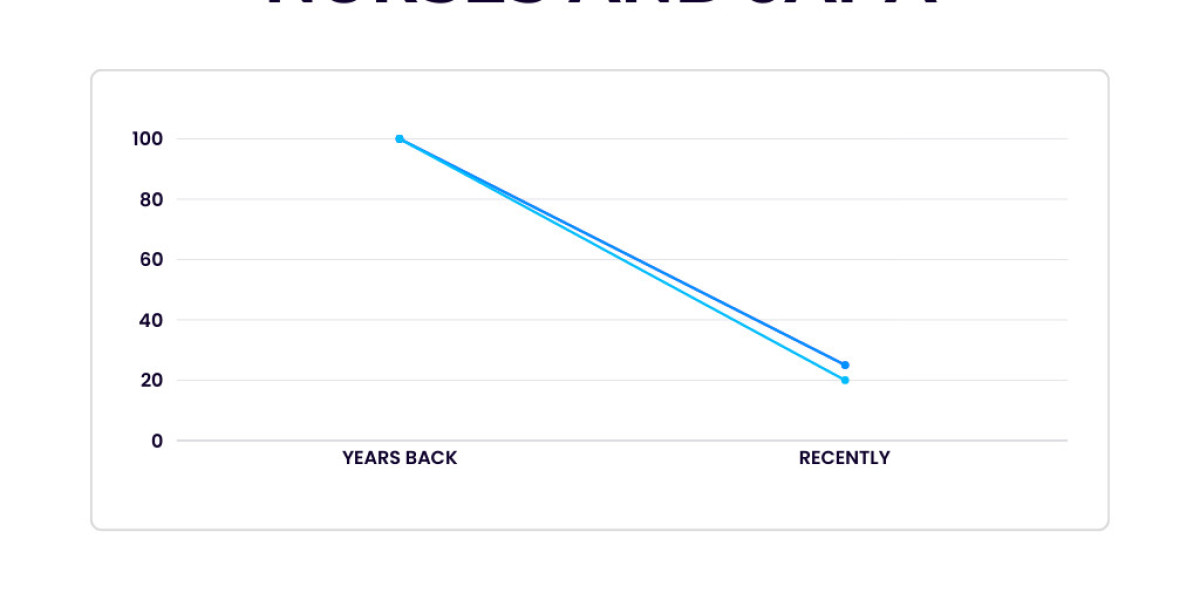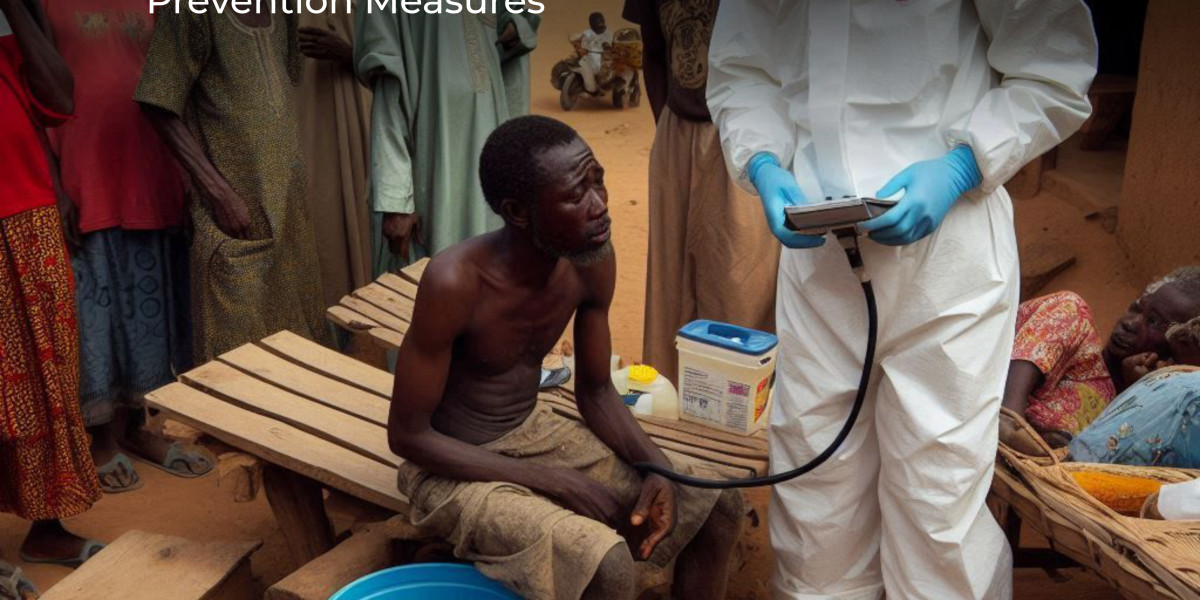The recent decline in the recruitment of Nigerian nurses to the UK is a significant shift in international healthcare employment trends
UK Policy Changes
In 2023, the UK government updated its "Code of Practice for the International Recruitment of Health and Social Care Personnel in England," which now places Nigeria and 53 other countries on a red list. This listing effectively stops the active recruitment of health workers from these countries unless there is a government-to-government agreement that facilitates managed recruitment activities. An example of this is the UK-philipines agreement for recruitment.
Ethical Recruitment Concerns
The inclusion of Nigeria in the red list is partly based on the World Health Organization’s Workforce Support and Safeguard List, which aims to prevent active recruitment from countries facing healthcare workforce shortages. This measure is intended to support ethical recruitment practices that do not exacerbate healthcare worker shortages in low- and middle-income countries. However, there has been recent questions about the true intention of this - whether it actually justifies the reasons anymore. The decision reflects a growing sensitivity to the impact of international recruitment on the healthcare systems of developing nations.
Impact of Domestic Policies in Nigeria
In response to the brain drain and the loss of medical personnel, the Nigerian government has been considering policies to retain more healthcare workers. One such proposal includes mandating Nigerian-trained health professionals to serve within the country for a certain period before being allowed to work abroad. At the moment, some Nigerian nurses are contesting this in court. These domestic measures aim to curb the exodus of healthcare professionals, which has been particularly pronounced among nurses and doctors seeking better working conditions and higher salaries overseas.
Broader Economic and Employment Trends
The decline in the recruitment of Nigerian nurses is also occurring within a broader context of changing immigration and employment policies in the UK, aimed at reducing overall migration numbers. This aligns with a global trend where countries are reevaluating their immigration policies in response to domestic labor market needs and political pressures.
To sum it up, the decline in the recruitment of Nigerian nurses to the UK is influenced by a combination of ethical recruitment policies, domestic legislative proposals in Nigeria, and broader shifts in UK immigration policy. These changes are reshaping the landscape of international healthcare employment, highlighting the need for balanced policies that support global health needs while respecting the workforce sustainability of developing countries. The ongoing developments will likely continue to affect the dynamics of healthcare labor markets globally.
What are your thoughts on this?







